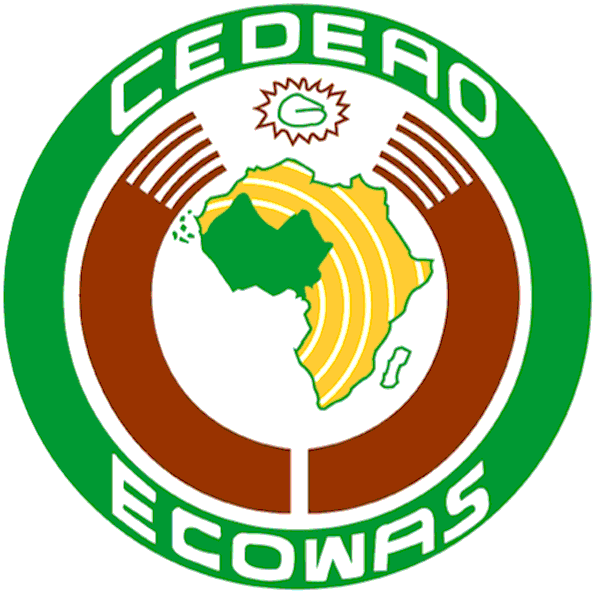The ECOWAS Parliament has sought approximately 3.6 million dollars from development partners to meet up with its financial needs and facilitate effective implementation of Sub-Regional Programmes.
The Fourth Legislature of the parliament stated this in its Strategy and Concept Document presented at its just-concluded 2017 Donors’ Conference in Abuja.
According to the conference, the parliament needs about 6.6 million dollars to efficiently carry out its programmes, from 2018 to the end of its tenure in 2020.
It also said that the organisation had three million dollars but not sufficient to carry out its planned programmes, following the enhancement of its legislative responsibilities.
The News Agency of Nigeria (NAN) reports that the Authority of Heads of State and Government had in 2016 adopted the Supplementary Act granting new powers to the parliament.
Under the Act, the parliament moved from being an advisory body to having enhanced competencies.
These include; the enactment of all community laws and the adoption of the community budget, the mandate to investigate, mediate and propose uniform laws and the powers of oversight.
The parliament, in its document, said given its improved mandate it would have to plan and implement more activities within and outside the sub-region.
“In the meantime, the parliament derives its revenue from the Community Levy which is equal to 0.5 per cent of the duties payable on goods imported from non-ECOWAS countries.
“However, the levy is insufficient for the implementation of the activities on the community institutions and agencies including ECOWAS Parliament.
‘’This had had adverse effect in the recruitment and retention of qualified manpower.”
“Thus, human, technical and financial resources at the disposal of the parliament are not sufficient for effective oversight of all envisaged programmes and activities.”
The meeting said stated that the major aim of the donors’ conference was to promote ECOWAS Vision 2020, the 2030 Agenda on the Sustainable Development Goals and the African Union Agenda 2063.
It also said the conference also aimed at enhancing the understanding of development partners on the operations of the parliament.
One of the development partners, Mr Roger Hollo, Senior Liaison Officer, UN High Commissioner for Refugees, told NAN that most partners had expressed interest in supporting the activities of the parliament.
Hollo was a co-chair of one of the thematic meetings on regional integration, peace and security held on the side lines of the conference.
He said members of the meeting recommended that time be given to partners to meet and conclude on areas they would like to offer support, either technical, financial or support “in kind’’.
“All these should have deadlines; we agreed that at the end of the month, partners should come back to the parliament and also in a month, the parliament should address letters to those partners that have been identified.
“Maybe, at a later stage, organise a follow up meeting where conclusions can be drawn on the first step of the donor conference, bearing in mind that this is a starting point and it is a process that must continue,” he said.
The parliament outlined 13 areas of focus in line with the ECOWAS Community Strategic Framework (2016 to 2020), geared toward achieving regional integration and the Sustainable Development Goals.
The areas are trade; agriculture and environment; political affairs, peace and security; human rights, child protection and other vulnerable groups; gender; legal and judicial affairs; and labour, employment, youths, sports and culture.
Others are: communication and information technology; admin, finance, budget control and audit; economic policies, private sector and NEPAD; health and social services; education, science and technology; and infrastructure, energy, mines and industry.
Committees have also been set up for each of the areas with the financial estimates listed.

